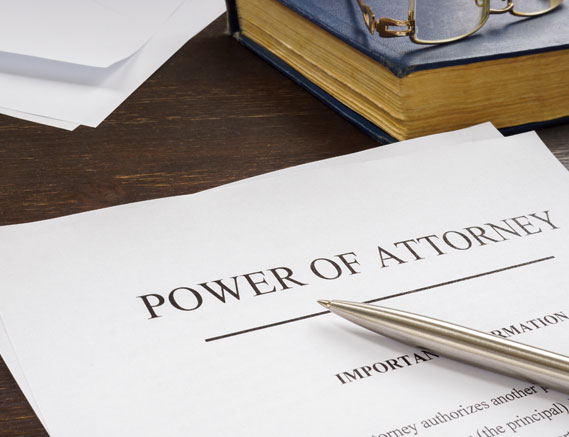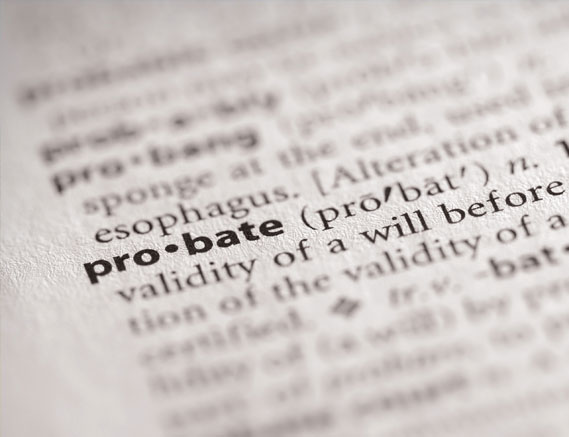Mental capacity - explained
Mental capacity means the person can understand, remember, and use information to make important decisions. It can be difficult to ascertain and is protected by the Mental Capacity Act (MCA), which ensures decisions made on behalf of someone who has lost capacity are in their best interests.
Dementia and making a Power of Attorney
A Lasting Power of Attorney (LPA) allows someone you trust to make decisions on your behalf when you are no longer able to do so. It must be set up while you still have mental capacity, making it essential to act quickly if you receive a dementia diagnosis.
Do you need a Power of Attorney if you are married?
Your spouse or civil partner cannot automatically make decisions on your behalf without an LPA. It is essential to set up an LPA to allow them to manage bank accounts, pensions, and make care decisions if you lose capacity.
Contact Us
For assistance with setting up an LPA, contact Symes Bains Broomer at 01724 281616 or info@sbblaw.com.
Other Articles Articles

Lines open Monday to Friday, 9am to 5pm
















